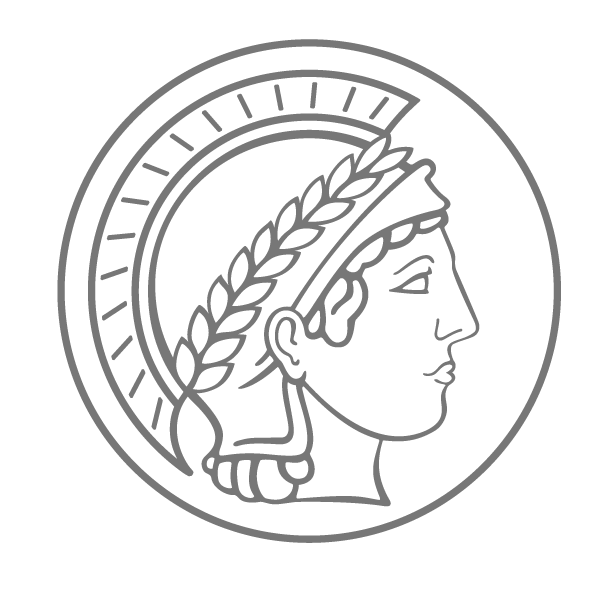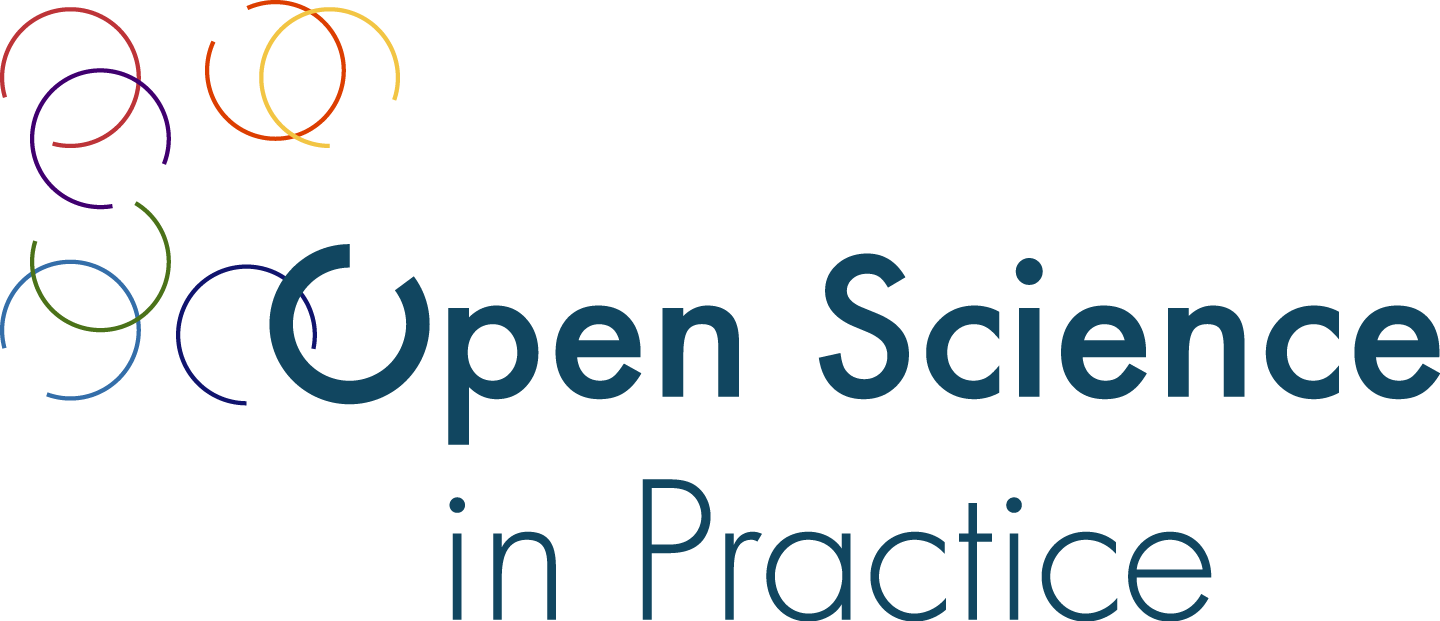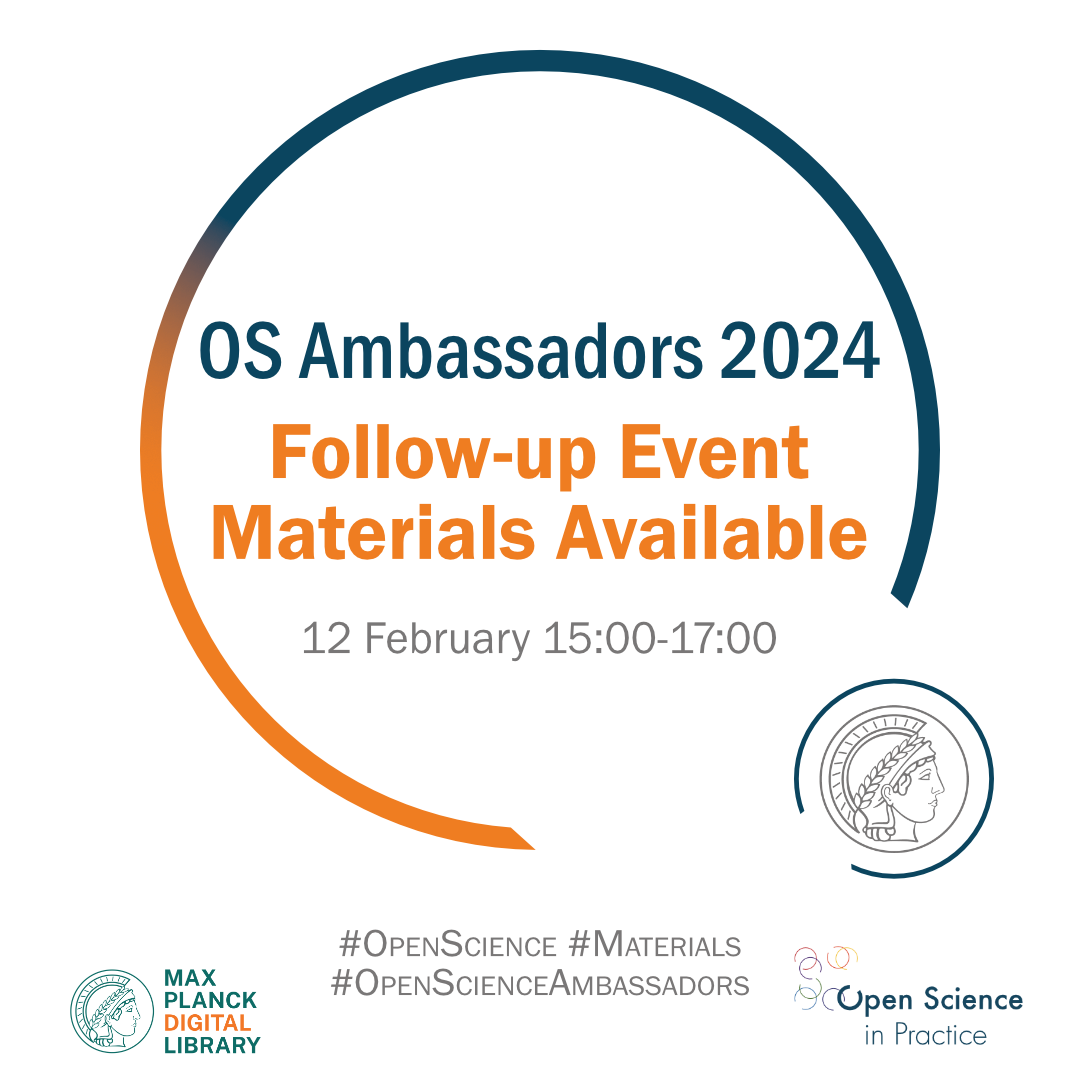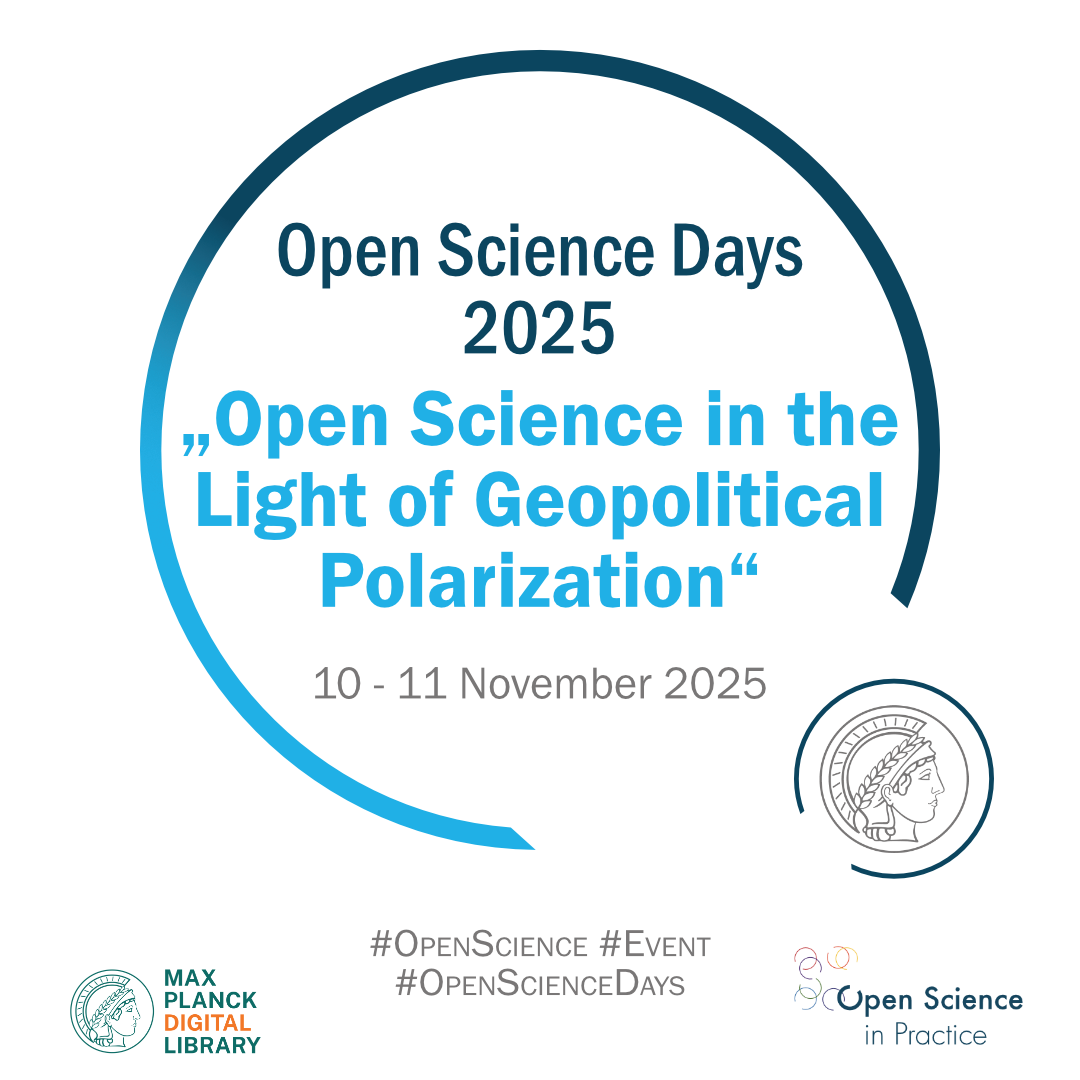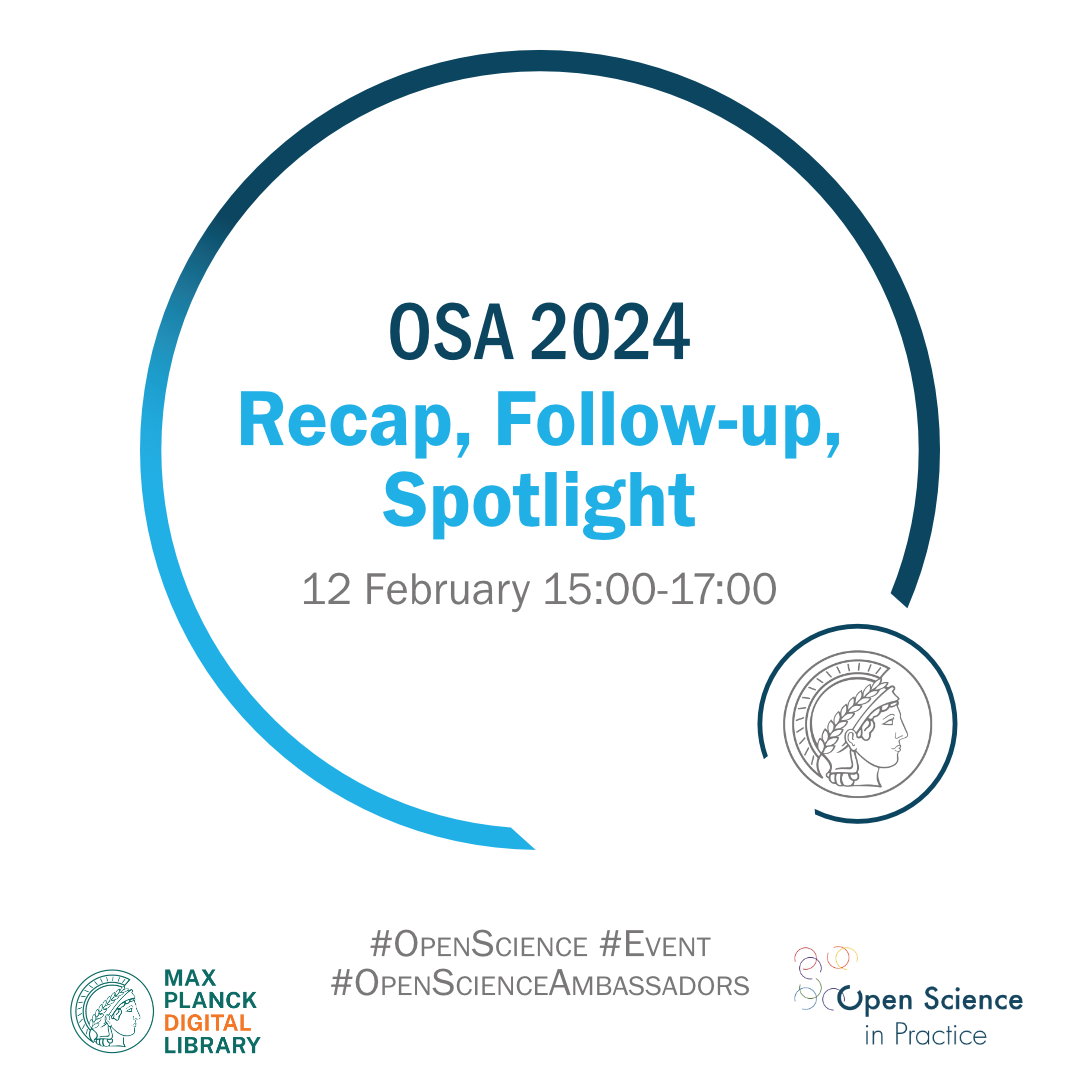Learn more about Open Access publishing agreements for Max Planck scientists
Need an intro to Open Access? Check out our Open Access Facet!
The ever-growing adoption of Open Access (OA) publishing has revolutionized the traditional dissemination of scholarly research. Through the free availability of publications online, OA ensures unrestricted access to scientific findings, enabling anyone, anywhere, to read, download, share, and build upon them. Embracing open access allows researchers to reach a broader audience, fosters collaboration, and accelerates the pace of discovery across various disciplines, catalyzing innovation and societal progress.
Making its scientists’ research findings openly available for the benefit of science and the whole of humanity is a key aspiration of the Max Planck Society. To achieve this vision, the Society has been deeply invested in advancing the practical development of an open access paradigm in research communication, both for scientists at home and their peers globally.
Beginning in 2015, the Max Planck Digital Library (MPDL) has set out to implement the Society’s vision of openness by ensuring that its authors are able to publish their articles openly, wherever they want, and without having to pay publication fees (article processing charges, or APCs).
Find out more about the global initiative OA2020!
What are transformative agreements? Here is a deep dive by the ESAC initiative!
Achieving open access
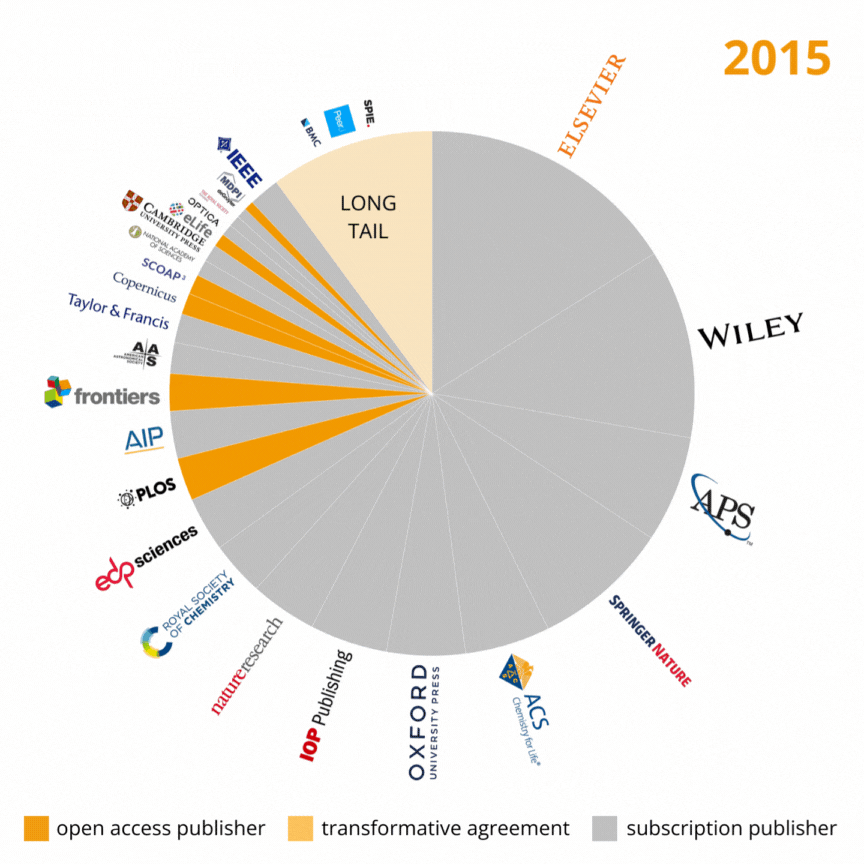
When we analyze the article output of the Max Planck Society’s researchers, we find that close to 80% of their papers are published in the journals of just 25 publishers. Seven of these publishers are fully open access, which shows how important OA publishing is to Max Planck authors.
The MPDL has employed a variety of approaches to provide open access to the Society’s research and its outcomes.
The negotiation of transformative agreements with scholarly publishers has been the most crucial strategy in expanding open access publishing and reading access for Max Planck researchers. The goal of these transitional agreements is to repurpose library funds previously used to pay for subscription access to instead cover the costs for authors to publish their research articles under an open (Creative Commons) license.
Complementing its own bilateral agreements with publishers, the MPDL participates in the German-wide DEAL Konsortium agreements with the three largest scholarly journal publishers. Participation in these three agreements alone accounts for nearly a third of the Society’s article output.
In addition to transformative agreements, the MPDL invests in a variety of initiatives to support Max Planck authors to openly disseminate the results of their research such as the particle physics consortium SCOAP3, the biological and medical sciences megajournal PeerJ, the publishing portal SciPost , along with preprint platforms arXiv and Peer Community In, diamond open access publisher Open Library of Humanities, as well as infrastructure projects like DOAJ, OAPEN, DOAB, and OA Switchboard.
And the efforts have paid off: as of 2023, the MPDL has successfully established 24 active transformative agreements and 10 direct billing arrangements with OA publishers, enabling authors to publish openly in more than 12,000 journals at no cost to them—this allows the Max Planck Society to be approaching 100% open access in its article outputs!
Stay tuned, as the MPDL continues to expand open publishing opportunities for Max Planck authors to make the results of the Society’s science freely available!
Want to know how authors benefit from DEAL? Check out the DEAL Konsortium website!









Author: Ana Valente (Max Planck Digital Library, Scientific Information Provision)
You might also be interested in:
- The MPDL Service: Open Access Publishing
- The MPDL Platform: MPG OA Journal Finder
